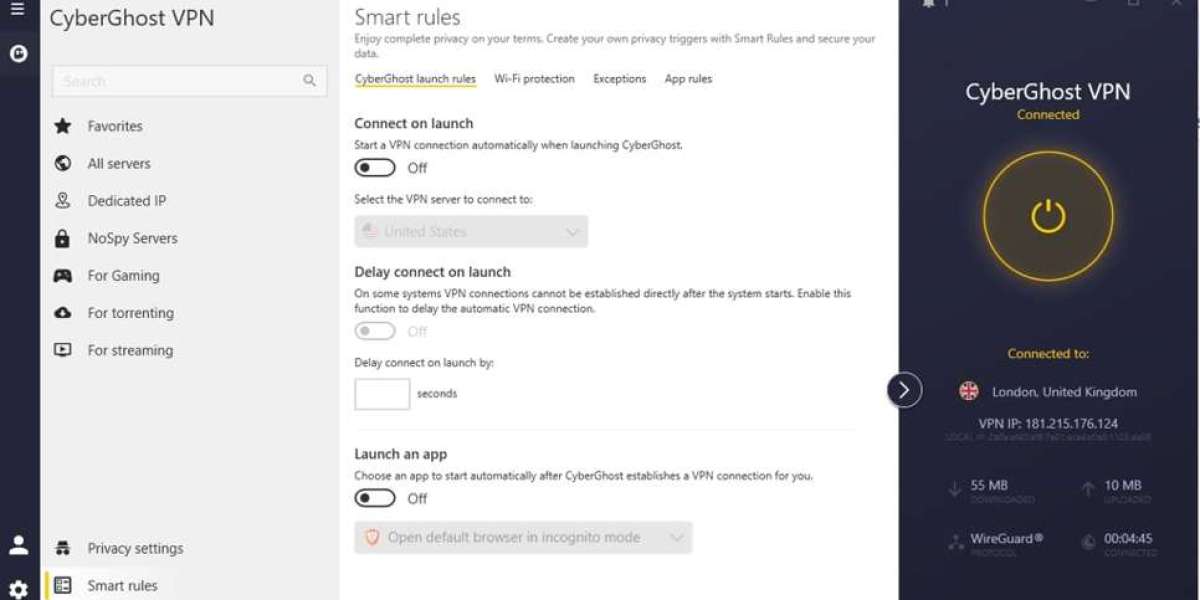Every parent wants their child to grow up strong, happy, and full of energy. When a child starts to gain more weight than is healthy for their age or size, it’s natural for families to look for solutions. This is where weight loss programs for kids can be helpful—not as diets, but as gentle guides to support better habits at home and school.
These programs aren’t about making children feel bad about their bodies. Instead, they help children learn how to eat better, move more, and feel proud of themselves without stress or pressure.
Why Healthy Habits Matter Early
The habits we build in childhood often stay with us for life. Children who learn to enjoy balanced meals, active play, and good sleep tend to carry those habits into adulthood. This doesn’t mean children have to give up favorite treats or run laps around the block. It simply means building a routine that supports their overall well-being.
A few key habits can make a big difference:
Eating regular meals with fruits, vegetables, and whole grains
Drinking water instead of sugary drinks
Getting enough sleep each night
Having active fun every day—without it feeling like exercise
What Makes a Good Program for Kids?
A child-focused health program should never make a child feel guilty. It should be simple, fun, and built around what children enjoy. Children are more likely to stick with something if it doesn’t feel like a chore.
Key qualities of a supportive program:
| Feature | Why It Works |
|---|---|
| Includes family involvement | Kids need encouragement from people they trust |
| Focuses on habits, not weight | Reduces stress and avoids shame |
| Offers fun activities | Makes movement feel like play |
| Encourages variety in meals | Helps children discover new, healthy foods |
| Teaches with kindness | Builds confidence, not pressure |
What Families Can Do Together
The best place to begin healthy changes is at home. It doesn’t require expensive equipment or special foods. Children learn best when they see adults doing the same things—eating well, moving regularly, and showing kindness to their own bodies.
Ideas for Home Routines:
Eat together when possible – Shared meals encourage better choices.
Limit screen time gently – Replace 30 minutes of sitting with a walk, dance party, or outdoor play.
Offer healthy snack bins – Fill a low basket with fruits, nuts, and yogurt so kids can choose wisely.
Praise effort – Celebrate when your child helps cook or finishes a fun activity, not only when they “do it right.”
Movement That Feels Like Play
Kids often resist things that feel like rules or workouts. That’s why fun movement is better than formal exercise.
Below are easy movement ideas kids enjoy and how they help:
| Activity | What It Builds |
|---|---|
| Jump rope or hopscotch | Coordination and heart strength |
| Bike riding with family | Leg strength and outdoor time |
| Dancing in the living room | Balance and joyful energy |
| Water play or swimming | Full-body movement |
| Nature walks or scavenger hunts | Exploration and endurance |
When movement is part of play, it becomes something children ask for—not avoid.
Middle of the Journey: Staying Motivated
Starting healthy changes is often easier than sticking with them. Families may feel excited in the beginning, but daily life can make routines slip. This is where weight loss programs for kids offer steady support.
Programs that work over time help children build lasting habits. Some offer weekly goals, fun challenges, or even group games to stay engaged. Others include check-ins with a friendly coach or counselor who helps celebrate progress, not just results.
Consistency is key—but it doesn’t have to mean doing the same thing every day. Mix it up. One night, cook dinner together. The next, walk the dog as a family. Let your child have a voice in choosing the activities or meals. That builds ownership and motivation.
When Schools Join the Effort
Many schools today are making changes to support children’s health. From adding salad bars to allowing brain breaks with stretching or dancing, these small shifts add up.
What schools can do:
Offer more fruits and vegetables at lunch
Create recess games that include all skill levels
Add quick movement breaks between lessons
Avoid focusing on “weight” in health classes
Promote kindness and self-care in discussions about health
When the same message comes from both home and school, it becomes more powerful. Children feel supported, not confused.
Real-Life Changes Families Are Making
Every family is different, but small shifts can be done by anyone. Here are examples of what real parents and children have tried—and how it helped them:
| What They Tried | What Happened |
|---|---|
| Switched chips to air-popped popcorn at snack time | Child still enjoyed a crunchy treat with less salt and fat |
| Added “family fun night walks” after dinner | Helped reduce screen time and improved everyone’s sleep |
| Made a water chart for the fridge | Encouraged more water drinking through a reward system |
| Replaced dessert with fruit three nights a week | Kids discovered they liked watermelon and berries |
Simple changes, repeated over time, can lead to real growth—physically and emotionally.
Supporting the Whole Child
A healthy child is more than a number on a scale. Children need to feel safe, accepted, and encouraged as they try new things. Programs that offer physical activity and nutrition tips without judgment help children feel proud of who they are, and excited for where they’re going.
Weight loss programs for kids that support emotional, physical, and social well-being are the most effective. They teach children to care for themselves gently, instead of focusing on appearance or numbers.
Final Thought: One Step at a Time
There is no “perfect plan” when it comes to children’s health. What matters is small, kind steps that build confidence and encourage activity and curiosity. Parents, teachers, and caregivers can offer support without pressure just steady, loving guidance.
Whether it’s walking to school, helping chop vegetables, or doing a silly dance before bed, each small moment counts.
The right weight loss programs for kids focus not on losing pounds but on gaining habits, strength, and joy. With the right approach, staying healthy can be something kids learn to enjoy for life.







